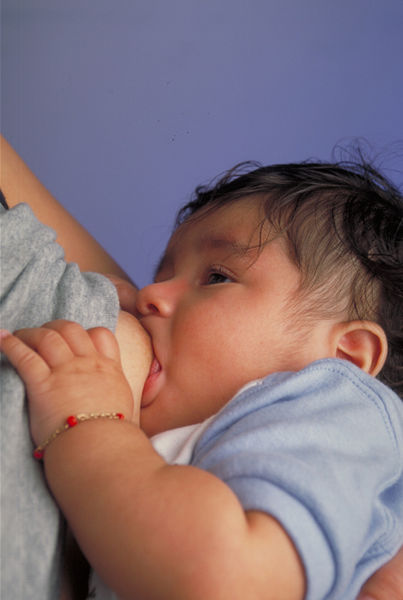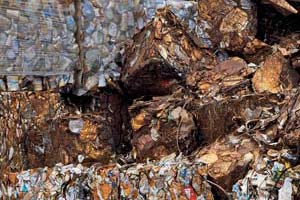
Ken Hammond, USDA
Exposure to dioxins during pregnancy harms the cells in breast tissue which in turn impairs the ability to initiate breastfeeding or to produce enough milk.
The data are demonstrated only in mice at this point. But the researchers from the U of Rochester Medical Center believe dioxin exposure may account for at least some of the 3 to 6 million mothers worldwide who cannot breastfeed.
The study is published online in Toxicological Sciences and shows that dioxin has a profound effect on breast tissue by causing mammary cells to stop their natural cycle of proliferation as early as six days into pregnancy and lasting through mid-pregnancy. Exposure to dioxin causes mice to produce 50 percent fewer new epithelial cells. Normally mammary glands cells proliferate rapidly during early to mid-pregnancy. Dioxin also alters the induction of milk-producing genes that occurs around the ninth day of pregnancy.
Dioxins are generated by the incineration of municipal and medical waste, especially plastics, and emitted through the air to settle onto crops, pastures, and waterways. People acquire the toxins through eating contaminated meat, dairy products, fish, and shellfish. The toxin settles in the fatty tissues and natural elimination occurs extremely slowly.
The team is looking into whether the harm occurs directly in the breast or if it’s found throughout the body but manifests uniquely in the fatty mammary tissue. They’re also studying a hypothesis that dioxin exposure might cancel the protection pregnancy normally awards against breast cancer.
Makes the UN’s call to ban all plastic bags seem farsighted. So how about banning municipal- and medical-waste incinerators?











